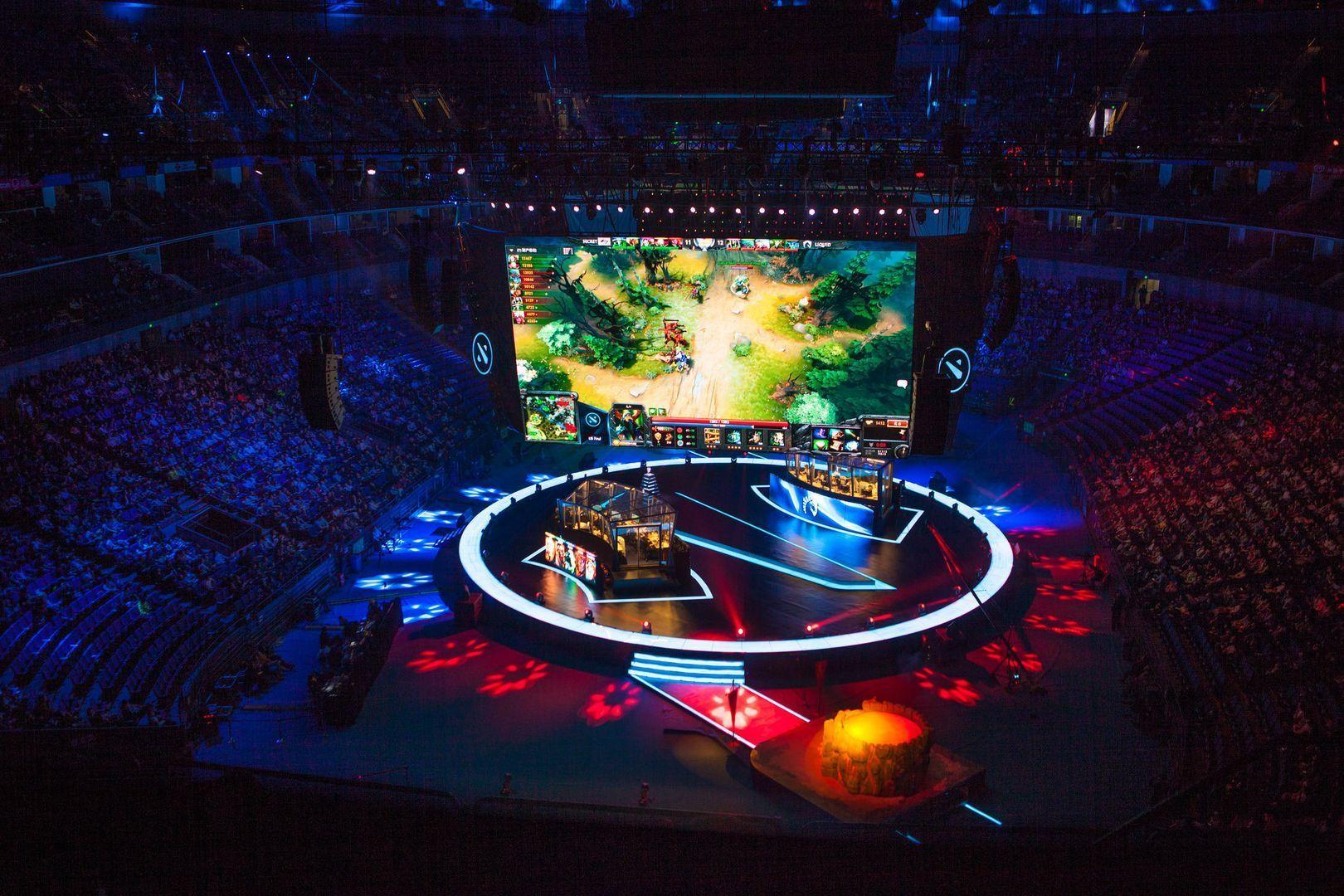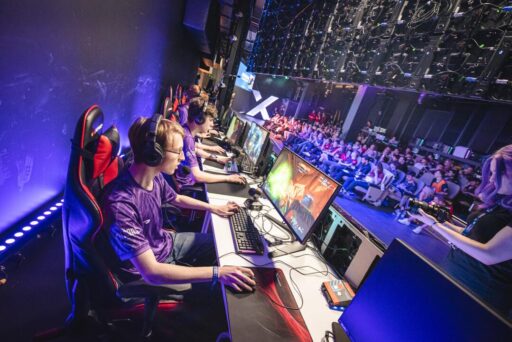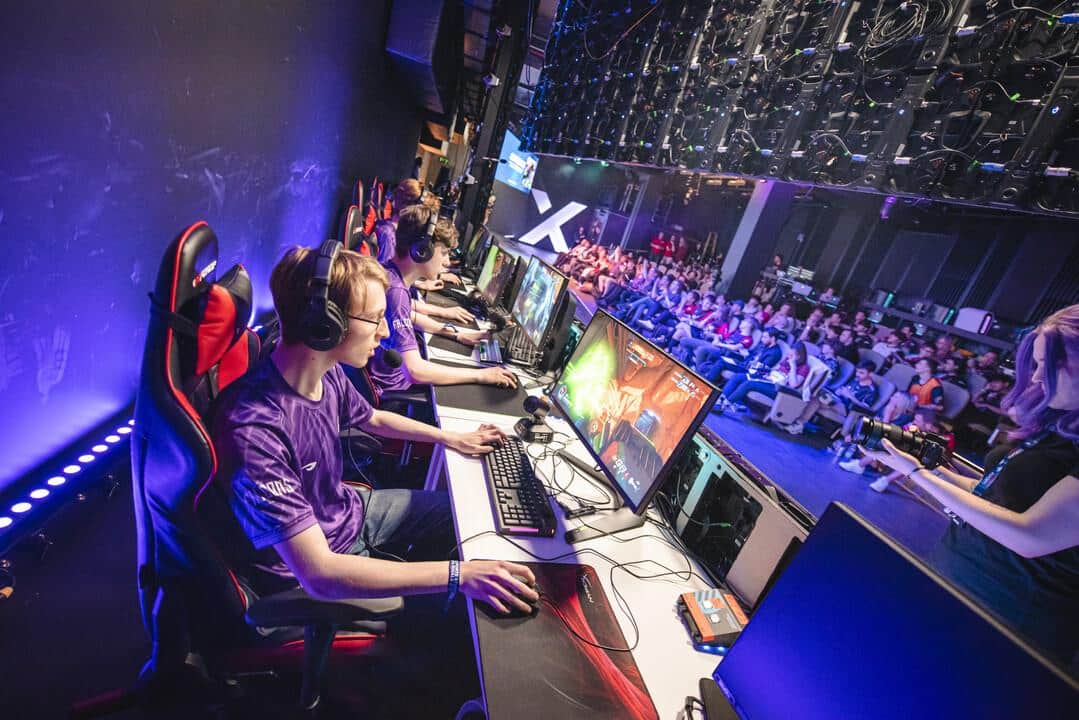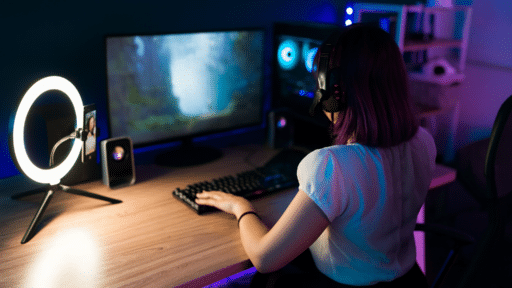Resilience is one of the main traits that helps a person achieve results in any field. In today’s world, we most often see it manifested in sports, but with the advent of new technologies, it is now also evident in esports.
Players who compete in tournaments endure intense psychological and physical pressure, training both their gaming skills and self-discipline on a daily basis. So, by watching esports matches, you can learn how to manage your emotions and be resilient. In this article, we will discuss the lessons in resilience that can be learned from the world of competitive video games.
How Competitive Gaming Teaches Stress Management
Competitive gaming is no longer a new phenomenon, but rather an entire ecosystem with its own fan base and economy. The gaming environment is about skills, strategies, and matches where small mistakes can cost you the victory, and psychological resilience plays a major role.
If you have watched any high-level cs2 tournament, you may have noticed how players face tense situations during matches and are able to make decisions in a matter of seconds that affect the outcome of the entire team. This proves that in esports, you can learn to keep your emotions under control and focus on the task at hand, which will be useful in other areas as well.
This approach can also be applied to working from home. Even though a person is in a calm environment, they can still be affected by stress factors that need to be turned off in order to focus on the main task. This ability will help you perform tasks more productively, maintain your mental health, and prevent burnout. So if you work from home, try to set aside 1 hour of your time per day for video games. With the right approach, it will be beneficial.
Discipline and Structure: Lessons from Gamer Training
Esports is not as easy as it seems at first glance. Players never rely solely on talent, but train hard to play at the highest level. For example, to beat the best teams in cs2 matches, you need to have a clear training schedule, study tactics and have excellent shooting skills. Teams spend many hours on theoretical and practical lessons, watching demo matches, analysing mistakes and incorporating physical training. This comprehensive approach helps to maintain a balance between workload and recovery, which increases performance.
For example, in preparation for a major CS2 Major or Dota 2 The International, players spend dozens of hours on individual training, parsing the strategies of opponents and practicing team interaction. A similar principle can be adapted to working from home: creating a clear schedule of tasks, regular pauses for rest and consistency in learning new skills make the workflow more efficient.
Remote Work Challenges and Parallels with Esports
Remote work has become quite popular with the advent of new technologies and professions. Many believe that it creates the illusion of freedom, but without discipline, it turns into chaos. The lack of clear boundaries between ‘home’ and ‘office’ can lead to confusion in tasks, burnout, and loss of productivity.
Similar problems often arise in esports, even at the professional level. Players who spend hours playing chaotically, without a clear system, quickly become exhausted and their results decline. To prevent this, teams hire specialists who are responsible for designing daily schedules and training routines.
If you are just starting your way in esports, it is important to learn how to separate professional and personal space. Organize zones for training and rest, and define hours for training and daily affairs. As for remote workers, it will also be useful for them to equip the workplace separately from household affairs. This helps maintain concentration and restore strength.
Team Interaction and Communication

Most esports disciplines are team games, so the result depends not only on individual skill, but also on teamwork. Professional teams devote a lot of time to learning how to communicate effectively during matches. When players are able to exchange information quickly, they can adapt more easily to their opponents’ strategies and find the right solutions even in critical moments.
Similarly, in remote work, communication forms the basis of efficiency. If you are working on a project or startup in a team you need to establish communication channels allowing you to avoid misunderstandings. For this company, the use of modern services for collaboration, this well supports the pace of tasks and transparency of processes. It is important that team members not only perform tasks, but also feel part of the team – this enhances motivation and strengthens the stability of a group of challenges or complex tasks.
Building Psychological Resilience
Another lesson from gamers is the ability to return after defeats. In esports, defeat is not the end, but an opportunity for analysis and development. Teams that know how to work on mistakes become stronger. This also applies to remote work: unsuccessful projects or inefficient days should be perceived as a learning experience.
As mentioned above, esports requires psychological resilience and systematic work on improving one’s skills. Mindfulness practices, regular physical exercise, and healthy habits can increase stress resistance and reduce the risk of emotional burnout. The ability to turn failures into resources will be useful in any field and will ensure growth. Psychological resilience is a common trait among successful esports players and productive remote workers.
Conclusion
In this text, you learned that resilience is not an innate trait, but a skill that can be developed. The example of esports proves that discipline, teamwork, emotional control, and the ability to adapt will help you achieve results in any conditions. At the same time, the same principles can be applied to remote workers to increase efficiency and stress resistance.
Combining experience and skills from both areas helps to better cope with stress, increase productivity, and maintain a balance between personal and professional life.







